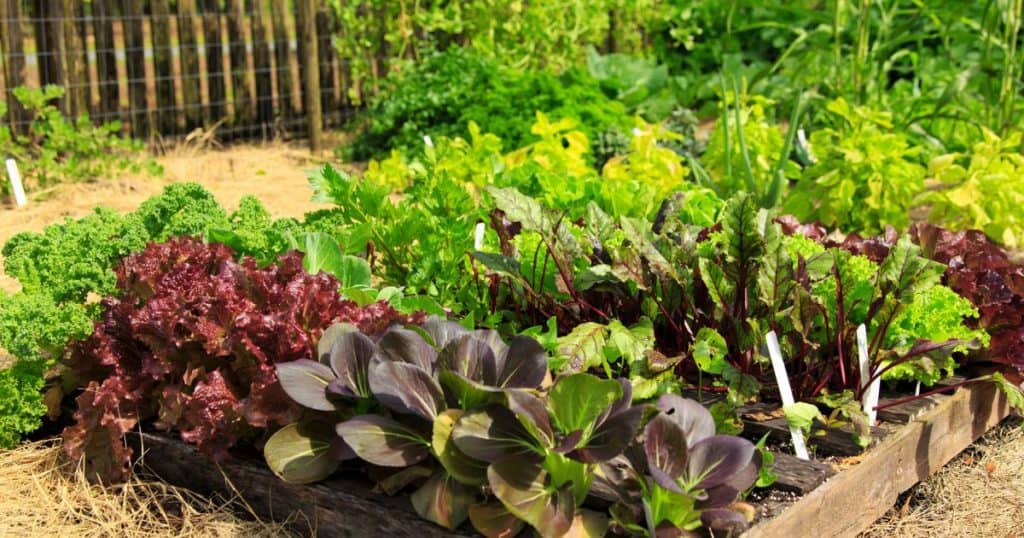Introducing coffee grounds as a natural and effective way to protect your garden from unwanted pests is an increasingly popular solution for many gardeners.
Coffee grounds are known for their bitter scent, making them a powerful deterrent against deer as well as other common garden pests.
This article will explain the benefits of using coffee grounds, both fresh and used grounds, in the garden. How to use them effectively, and alternatives if you feel coffee grounds are not the best way.
With a little bit of effort, you can keep your garden safe from destructive pests – so read on to learn more!
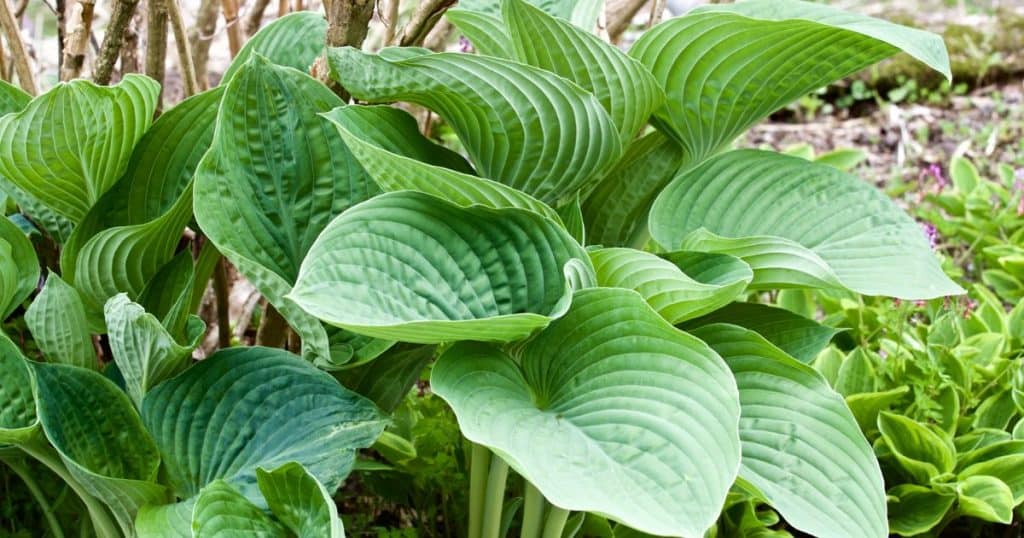
The Benefits of Using Coffee Grounds as a Repellent
Coffee grounds can be an amazingly effective deer deterrent in the garden, and many people go to great lengths to try to keep deer away using expensive chemical deer repellents. However, coffee grounds present a completely natural solution that works well without tremendous effort or expense.
Coffee grounds are environmentally friendly and provide many additional benefits to your plants other than deer prevention. Not only do they protect your plants from hungry deer and small animals, but they also help fertilize the soil and add essential nutrients that your plants need for good health.
As a home gardener, you now have a great organic option when selecting deer deterrents! Deer problem no more!
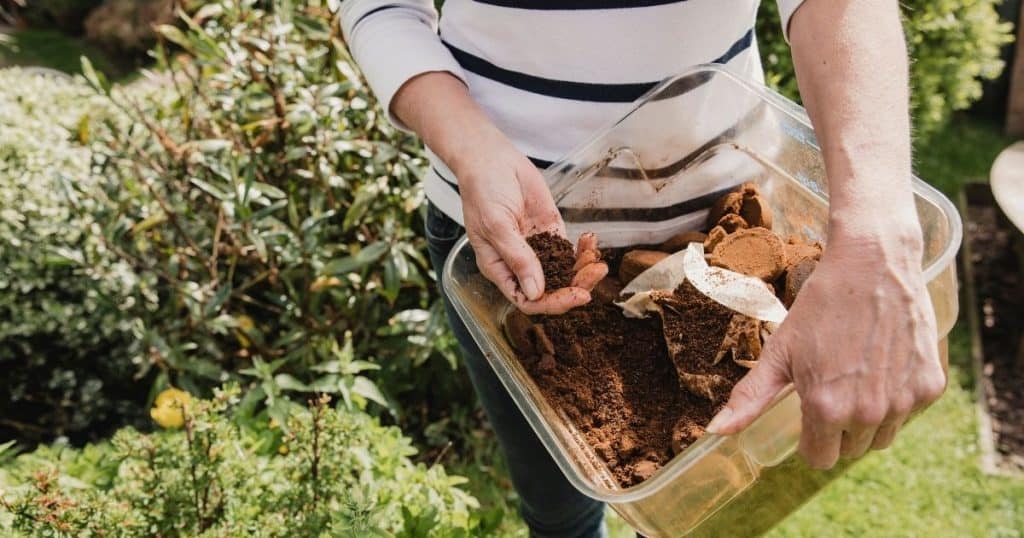
Coffee Grounds as an Insect Repellent
Coffee grounds are not just for brewing a fresh cup of coffee, they also have pest control properties that make them an effective natural insect repellent. When used correctly, coffee grounds can help repel mosquitoes, and other unwanted insects from your flower beds and garden.
One of the main benefits of coffee grounds is that they contain caffeine, which is toxic to insects. This makes them a natural deterrent for pests such as mosquitoes and squash bugs, which are known to cause damage to plants and spread diseases.
By scattering coffee grounds around the base of plants or in problem areas, you can help keep these insects at bay and protect your garden from damage.
Coffee grounds can also be particularly effective at repelling insects that are attracted to standing water. Mosquitoes, for example, lay their eggs in stagnant water and are drawn to areas where water accumulates.
By sprinkling coffee grounds around areas where standing water is present, you can help repel mosquitoes and other insects from the area.
Another good thing about using coffee grounds for pest control is that they are a natural and non-toxic alternative to chemical pesticides. This means that they are safe to use around children, pets, and other wildlife, and they won’t harm the environment.
In conclusion, coffee grounds are a simple and effective way to repel insects from your garden and outdoor spaces.
By taking advantage of their natural insect-repelling properties, you can protect your plants and enjoy a pest-free environment without the use of harmful chemicals.
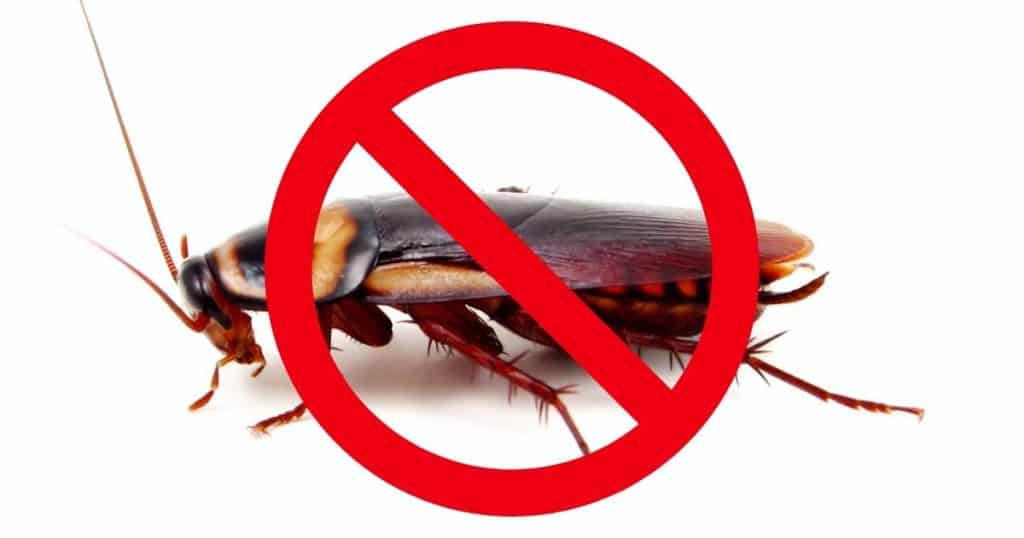
A Surprising Good Trap for Cockroaches
If you’re dealing with a cockroach infestation in your home, one way to get rid of these pesky insects is to create a homemade trap using coffee grounds, a glass jar, and paper towels. This trap is easy to make and can be effective in catching cockroaches.
Begin by filling the bottom of the jar with a layer of wet coffee grounds. The strong smell of the coffee will attract the cockroaches, making them more likely to enter the jar.
Place the jar in an area where you’ve seen cockroaches before, such as under a sink or in a dark corner. Prop the jar up slightly with dry paper towels. You want the jar to sit at an angle that will allow the roaches in, but too steep from them to get out.
Check the trap regularly, and when you see cockroaches inside, dispose of them by flushing them down the toilet.
Strong Aromas Repel Deer and Other Pests
With chipmunks, rabbits and deer all around, it can be a challenge to protect your home garden from their ravaging. But did you know that one of the best ways to keep these critters from eating plants is with coffee grounds?
Not only does the strong scent of coffee act as a deterrent for these pests, but it also provides your plants with essential nutrients. This makes it a win-win solution!
Coffee grounds are known to contain nitrogen and other minerals which help nourish your plants while keeping chipmunks, deer and other unwanted pests away whose strong sense of smell is easily fooled by this aromatic barrier.
So remember – coffee grounds are great not just in your mug but also in your garden.
Coffee Grounds are Cost-Effective
Coffee grounds are both a cost-effective and natural way to protect your plants from unwanted pests. All used coffee grounds make for an amazing organic fertilizer and bring extra acidity to the soil, helping plants grow in dense soils that may be alkaline.
Fresh coffee grounds, from freshly ground coffee beans, can form an incredible shield against certain bugs, like snails or fire ants – especially when laid around the base of the plant or scattered along pathways.
Predatory insects such as beetles also feed off fresh coffee grounds so they can be used as a natural repellent while at the same time introducing helpful critters into your garden!
This means you don’t have to rely solely on toxic chemicals or pest control companies in order to maintain a robust and fruitful garden. As if all this wasn’t enough, spent coffee grounds even help with drainage in clay soils by utilizing their porous nature to increase aeration.
Whatever you do with your used coffee grounds from your coffee maker. Please do not dump them in your garbage disposal or down your kitchen sink. They will solidify in your pipes over time and create some nasty plumbing issues.
So either dump them in your trash or a small glass jar that you can then distribute to either your compost pile or your garden beds.
Not a Coffee Drinker?
Lets not discuss how it is even possible to not drink coffee for an energy boost but fret not. Talk to your local coffee shop. Have them save their spent coffee grounds for you.
It won’t take long to get what you need so hang out at the coffee shop while they fill up your container. Label the jar or container Garden Coffee Grounds and they should understand.
Do Coffee Grounds Keep Deer Away?
Coffee grounds have a strong, pungent smell that many pests find unpleasant. If you’re having trouble with pests in the vegetable garden, spread finely-ground coffee grounds around the areas where the small animals are likely to be – such as near vegetables, flowering plants and fruit trees.
While there is unfortunately no scientific evidence to support claims that adding coffee grounds can get rid of, or even repel deer, coffee grounds can successfully ward off other unwanted pests with its natural insect repellent properties. Additionally, get creative with your application of them.
You can even make an effective fence or barrier to keep small animals away from your plants without blocking off too much sunlight. Overall, strong-scented coffee grounds are a great way to protect your garden plants from pesky critters!
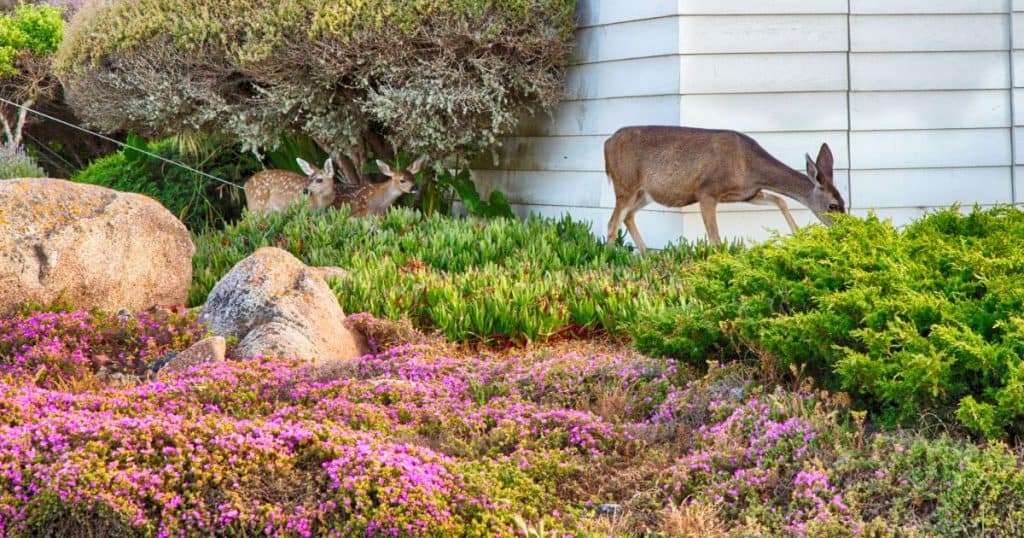
Drawbacks of Using Coffee Grounds
Adding coffee grounds to our soil is an inexpensive and easy way to protect our plants, but it’s important to understand that this powerful method comes with a few negative effects.
Coffee grounds can make the soil too acidic for certain plants if not used properly, such as reducing their effectiveness in protecting from pests. In some cases all you will need to do is sprinkle coffee grounds around the perimeter.
Coffee grounds also contribute significantly to nitrogen levels in the soil, which means it should be used sparingly to avoid overdoing it and potentially altering the biological processes of the soil.
Additionally, heavy applications of coffee grounds may lead to salt accumulation where they are applied.
All of these things said, used in moderation, coffee grounds can be a amazing addition to your garden’s arsenal against unwanted pests!
Related Article: Alkaline Coffee: A Low Acidic Alternative for Coffee Lovers Everywhere
Coffee Has Antibacterial Properties
Because coffee has antibacterial properties, it can harm the beneficial bacteria in soil that are important for nutrient uptake. While a small amount is unlikely to be a problem, large amounts of coffee grounds can disrupt the natural balance of microorganisms in soil.
Additionally, too much caffeine can be toxic to some plants. In order to add coffee grounds safely in the garden, it is important to choose organic blends free from chemical additives and use careful moderation when applying it directly to soil or around sensitive plants.
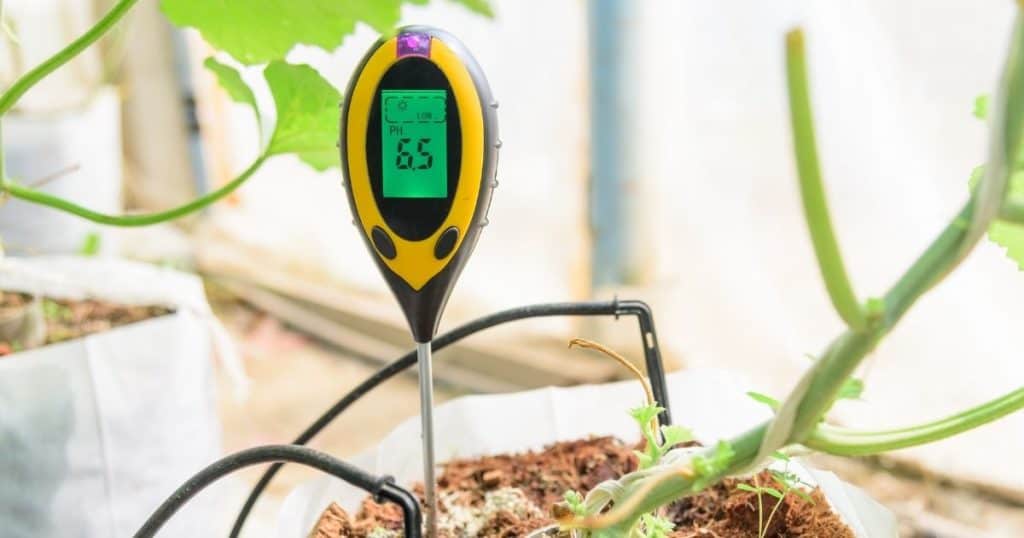
Using Coffee Grounds to Reduce Soil Alkalinity
You may be surprised to learn that using coffee grounds to reduce the alkalinity of your garden soil won’t help. This is because simply using spent coffee grounds, while usually acidic enough to cause ph levels to drop slightly, further away from a neutral base, aren’t actually acidic enough to fix an alkaline soil.
And what’s required for a more acidic soil in your garden is something more extreme – an actual decrease in ph level. Sprinkling coffee grounds will not do it for you.
How to Safely Use Coffee Grounds in Garden Beds to Deter Pests Without Harming The Soil
It is possible to use coffee grounds in the garden as a natural pest deterrent that won’t harm the soil or any beneficial organisms. It is best to use organic and unbleached grounds because they contain more minerals, carbon and nitrogen than bleached varieties.
Start by scattering a thin layer of used coffee grounds lightly before watering it in and then cover with several inches of mulch for best results. Some insects will find the aroma of coffee too strong so avoid use near plants like peppers, tomatoes, and squash which are prone to pests being attracted to them.
Adding a few tablespoons of coffee grounds on top of the soil every couple months helps reduce the number pest populations from becoming overwhelming.
However it is important to work the grounds into the top few inches of soil well in order for it have optimal benefits for both repelling pests and improving soil fertility.
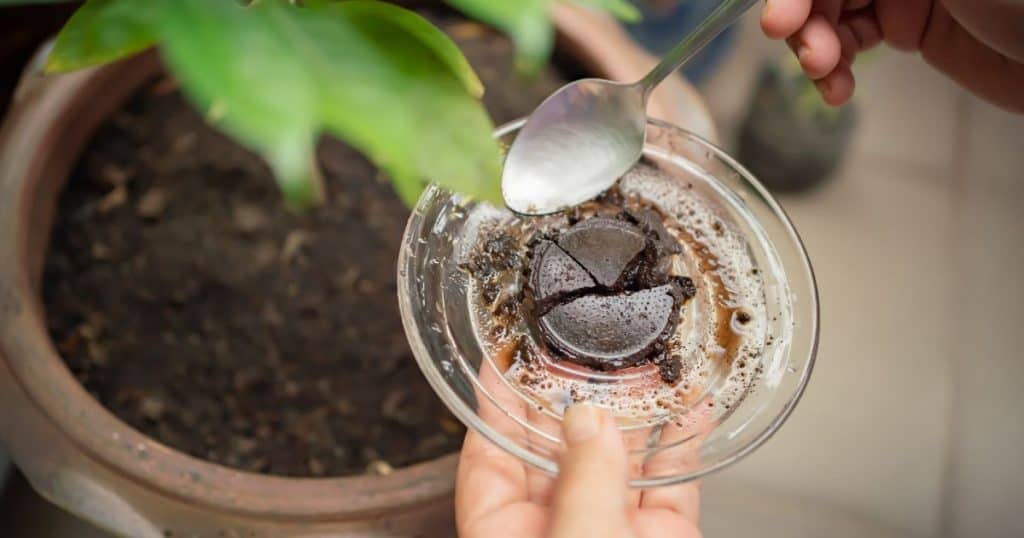
Composting with Coffee Grounds
If you think about it, coffee beans are organic matter as they are part of the fruits that come from coffee plants. Unless you drink a coffee thats infused with oils for flavoring, the beans and spent grounds are all natural.
So yes, use coffee grounds in composting, toss them in with your food scraps. It is an excellent way to help your garden thrive. Not only are coffee grounds a fantastic source of nitrogen, but they also have high levels of phosphorus, potassium, magnesium and calcium.
The abundance of these nutrients allows plants to grow more efficiently, giving them an extra bit of energy for their development.
In addition to providing key nutrients that help drive photosynthesis in plants, the acidity from fresh coffee grounds can help restore the nutrient balance within grassy soils.
This helps keep plants healthy and make more efficient use of fertilizer and water – ultimately reducing your garden’s carbon footprint!
It’s no surprise that this recycling habit has grown popular over recent years; not only does it promote greener practices, but it also promotes a healthier lifestyle for both ourselves and our planet.
How Much is Too Much Coffee in My Compost?
Every good compost bin needs a balance of organic material such as used coffee grounds, fruits, and vegetables. But you have to be aware of how much coffee grounds you add because too much can create an imbalance.
Too many coffee grounds can cause an increase in acidity and nitrogen in the compost, resulting in a smelly and soggy heap.
However, if managed properly, the addition of coffee grounds can benefit your compost immensely with their rich carbon content. Once you become familiar with your bin’s requirements, it’s easy to calculate how much caffeine buzz is too much for your compost bin. J
ust mix coffee grounds into your compost pile and it will be ready to go in a few days.
In fact, getting it just right will leave you feeling proud and accomplished that you’ve created the perfect home for healthy plants and happy soil!
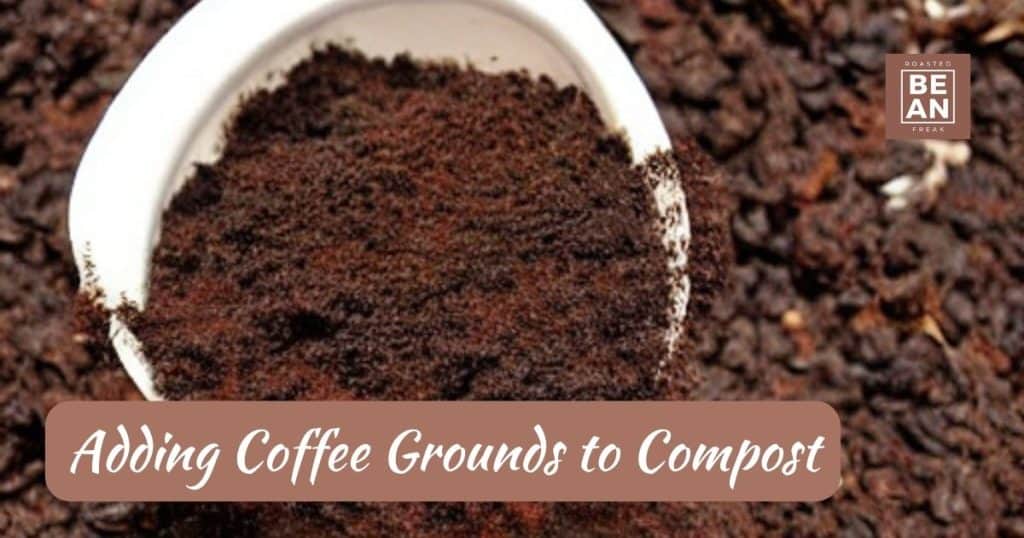
Alternatives to Coffee Grounds
We all know that coffee grounds are one of the best ways to help protect your plants from damaging pests, but there are a few different methods if you don’t have access to coffee grounds.
Most people try repellent sprays and cayenne pepper – both of which can be very effective in keeping certain pests away.
However, an even more powerful deer repellent is a combination of rotting eggs, hot sauce and garlic powder, and hot water the strong smell has been found to be highly effective. Do not try to make this mix inside your home, keep it outside.
You can find a “recipe” here. I’ve seen videos of people actually painting this onto larger leaves but that seems a little too much for me. Use a spray bottle to administer the repellent to the plants.
It will not “coat” the leaves like its being painted on but it will get you there.
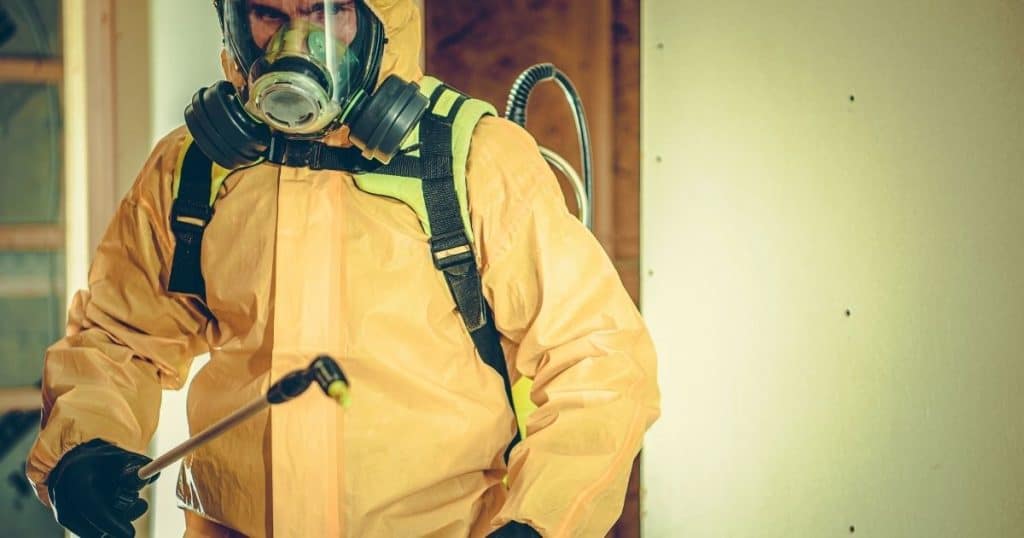
Fencing & Coffee Grounds
If you’re looking for a simple and cost-effective way to protect your garden from unwanted pests, electric fences are the perfect solution!
These electric barriers have been used since ancient times to keep animals out of gardens, but they can also be used with coffee grounds.
Coffee grounds are an excellent deterrent against most garden pest species and can be spread around electric fences in order to amplify their effectiveness.
Electric fences after you add coffee grounds ensure that no unwelcome critters will not have access to your plants without your permission!
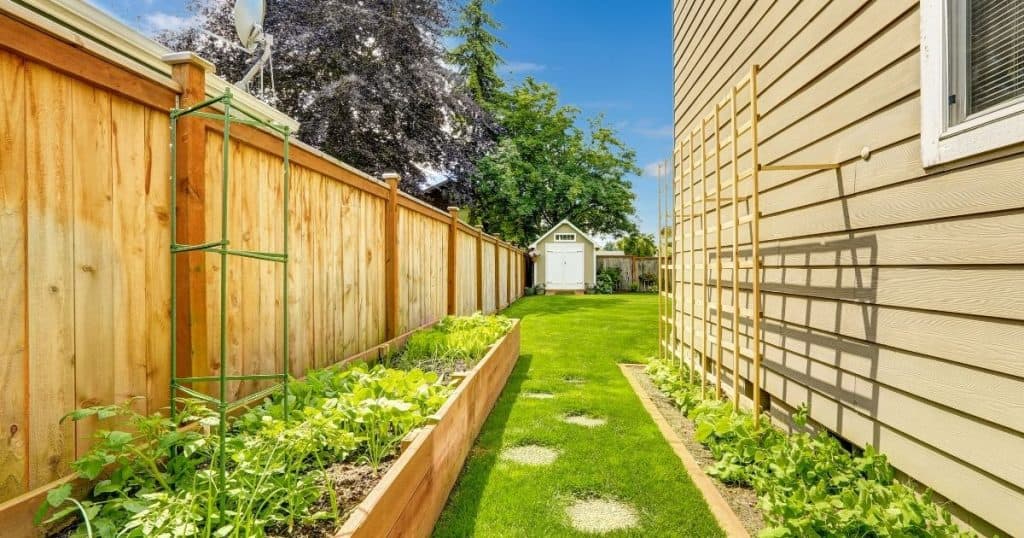
Conclusion
When it comes to vegetable gardens, the power of coffee grounds is a great way to protect your plants from unwanted pests. The bitter scent that coffee grounds produce deters deer while encouraging beneficial insects.
In fact, using coffee grounds as one of your effective deer repellents may be the best option for you!
Not only easy and affordable, you can recycle what would have otherwise been thrown away and make good use of it instead – protecting your beautiful garden, regardless if it is your vegetables in the backyard or your hostas in the frontyard.
Have you checked out our FAQ page for more quick answers to your coffee questions?
